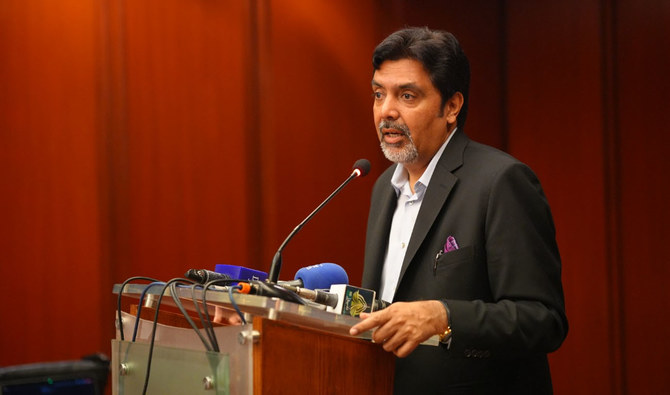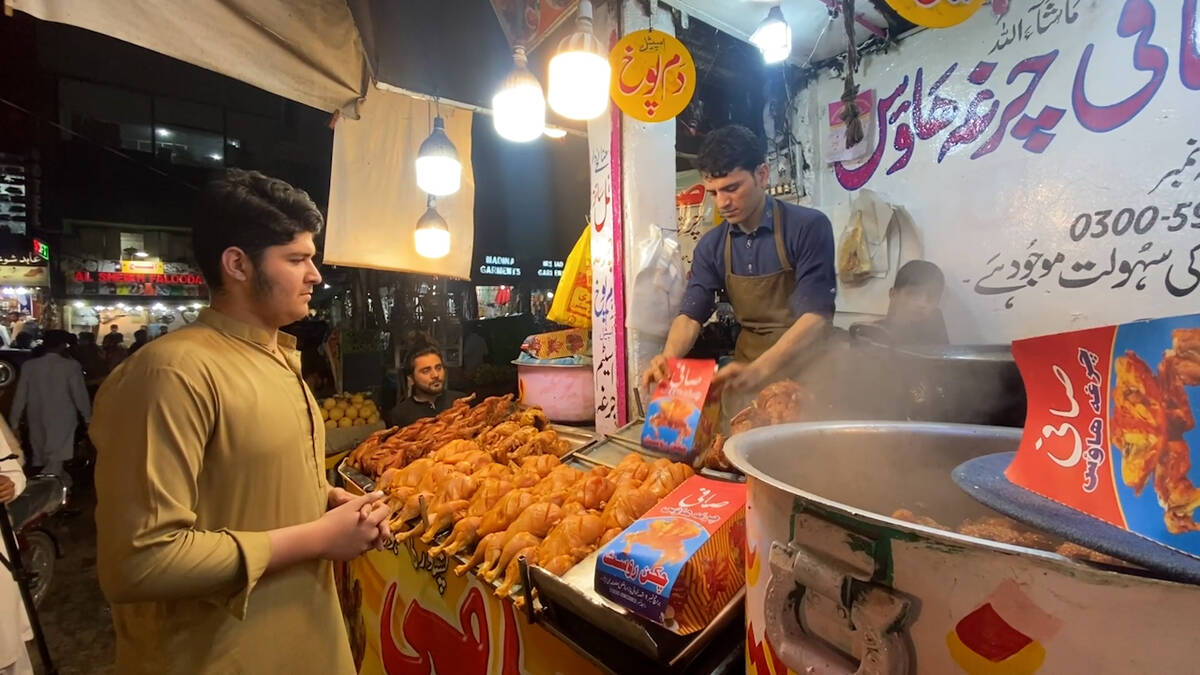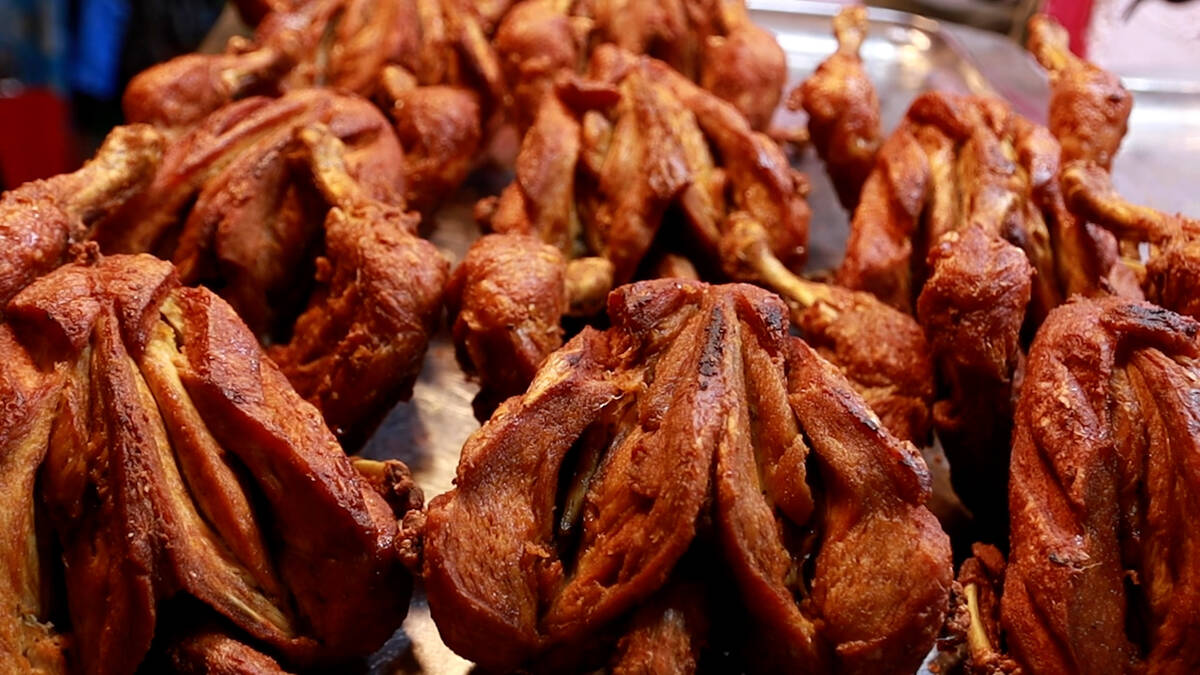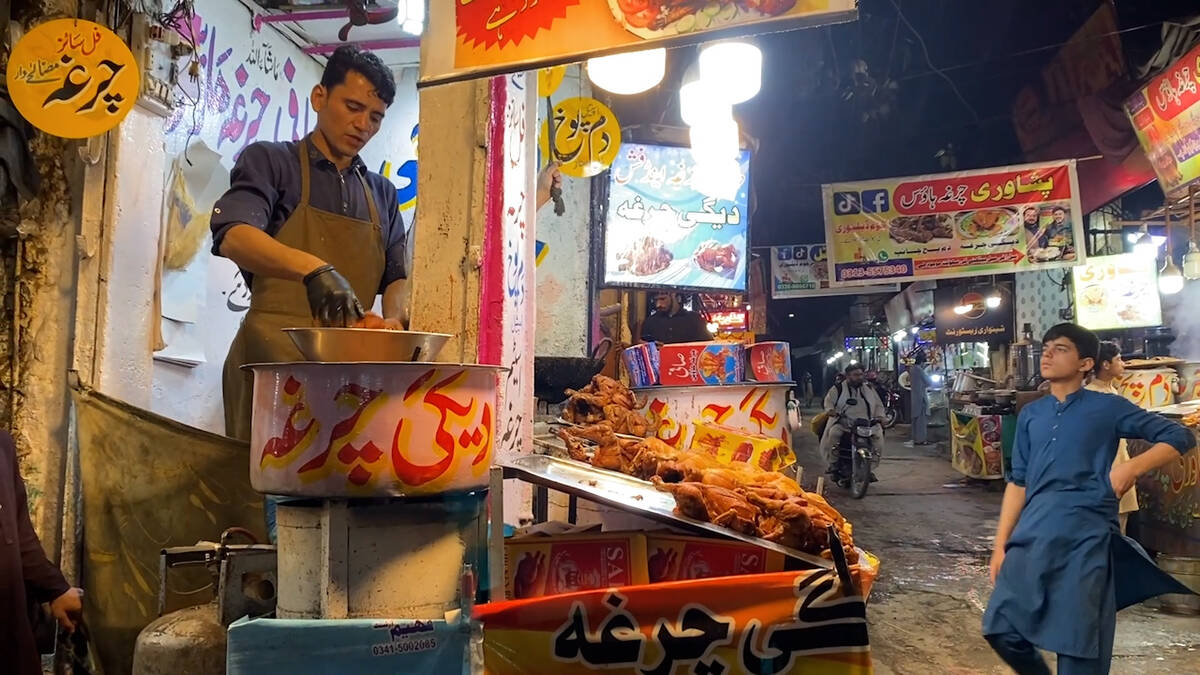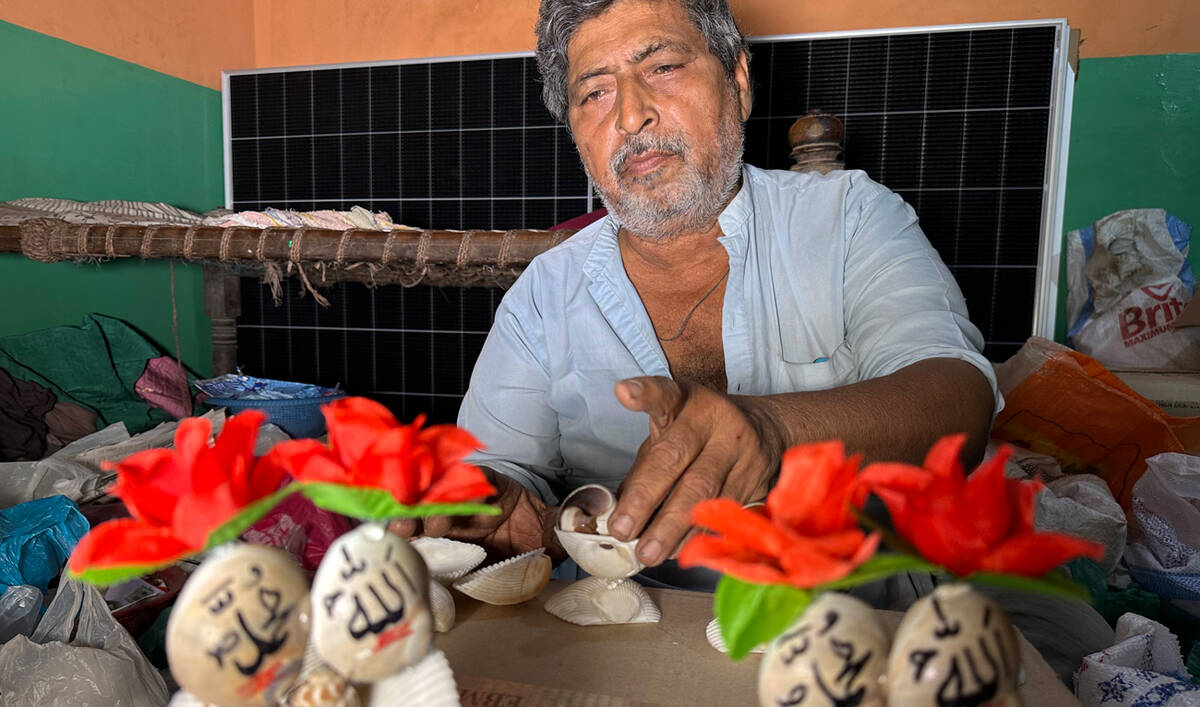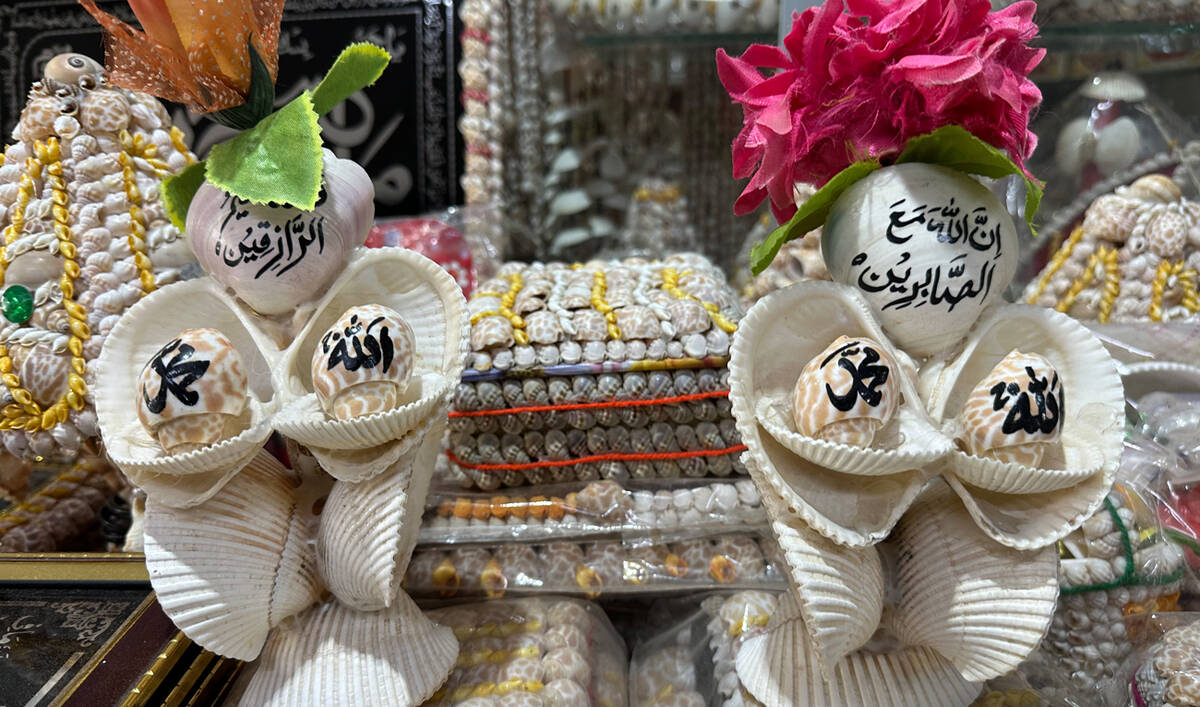KARACHI: Middle Eastern countries— especially Saudi Arabia— where digital transformation is gaining ground, want Pakistan’s IT professionals and software developers to aid them in the process, a leading German software company said on Wednesday.
SAP is a German IT solutions and enterprise application software provider. The company is already operating in Saudi Arabia, United Arab Emirates, Oman, Kuwait, Bahrain, Qatar, Pakistan, and Egypt. SAP also has a regional training and development institute located in Dubai.
Saquib Ahmad, country managing director of SAP Pakistan, said Pakistanis are “very hardworking people” who are well-versed in Islam and understand the educational system of Saudi Arabia and other gulf countries quite well.
“Middle Eastern countries, especially Saudi Arabia, want Pakistani consultants for the SAP transformation of services,” Ahmad told Arab News at an event held to highlight the role of cloud migration and digital transformation.
“We have got great consultants that are right now preforming and deploying these services overall in the Middle Eastern countries – we are pretty sure that with time, these IT services’ exports will increase,” he added.
Pakistan’s IT exports during the first half of the current fiscal year (FY23), have increased by 2 percent to $1.3 billion, contributing 38 percent to the overall services’ export, according to research by Arif Habib, a leading Pakistani securities brokerage, investment banking, and research firm.
Responding to a question on demand for products and services, Ahmad said there was a huge demand for software and services development across all companies.
“They [companies] are looking for good software programmers who can help change the program according to the local needs,” he said. Ahmad said Pakistani IT consultants have the capability to provide their services in the best possible manner, adding that they were well-trained in their craft as well.
“This is what we can do to help IT services boost exports to Middle Eastern countries and especially, to Saudi Arabia,” Ahmad explained.
Speaking about cloud migration, the SAP official said it was essential to ensure digital transformation and manage applications and data in the most cost-effective, efficient, and secure IT environment.
Pakistan is experiencing an increasing trend of cloud adoption due to its cost optimization and effective solutions for different sectors, he said.
“The usage of technology by companies changed in the post-COVID-19 situation,” Ahmad explained. “It has now strengthened, making cloud computing the need of the hour.”
He said the management of various companies have control over the cost and scope of work whenever such companies opt for a cloud solution. However, he pointed out that the change of management poses a great hurdle in the task.
“Change of management is the biggest hurdle for digital transformation. Employees feel insecure about their jobs and, hence, are reluctant toward digital change,” he noted. “This needs to change as digital transformation is the future.”
Ahmad also announced free-of-cost training for students of several educational institutes as a means to digitally strengthen Pakistan’s economy.


